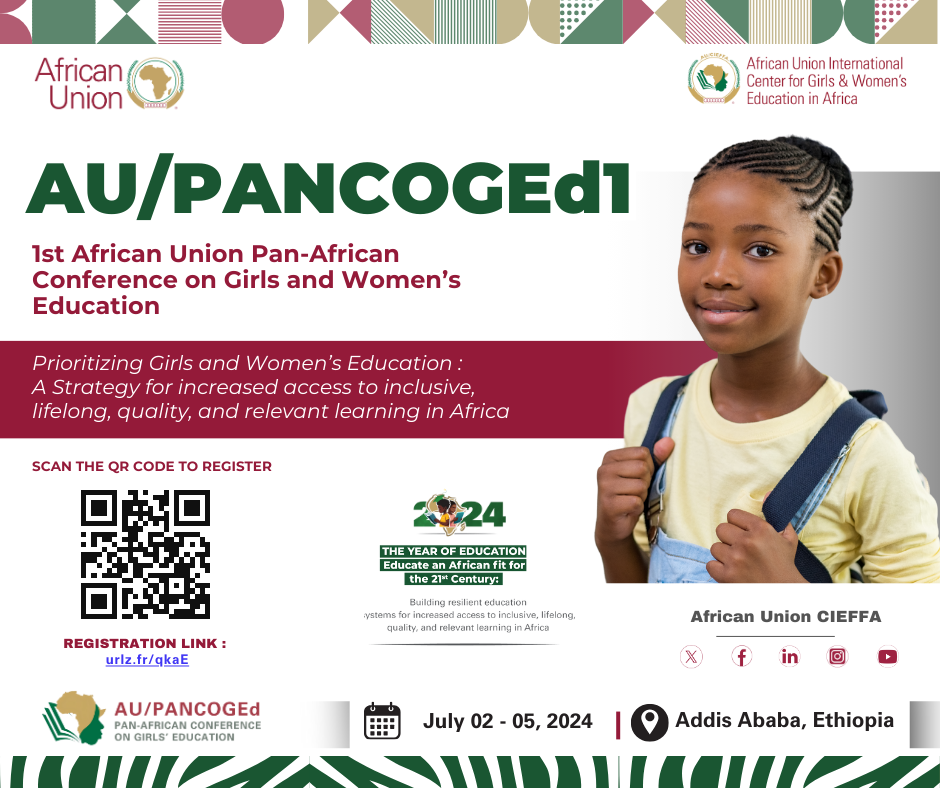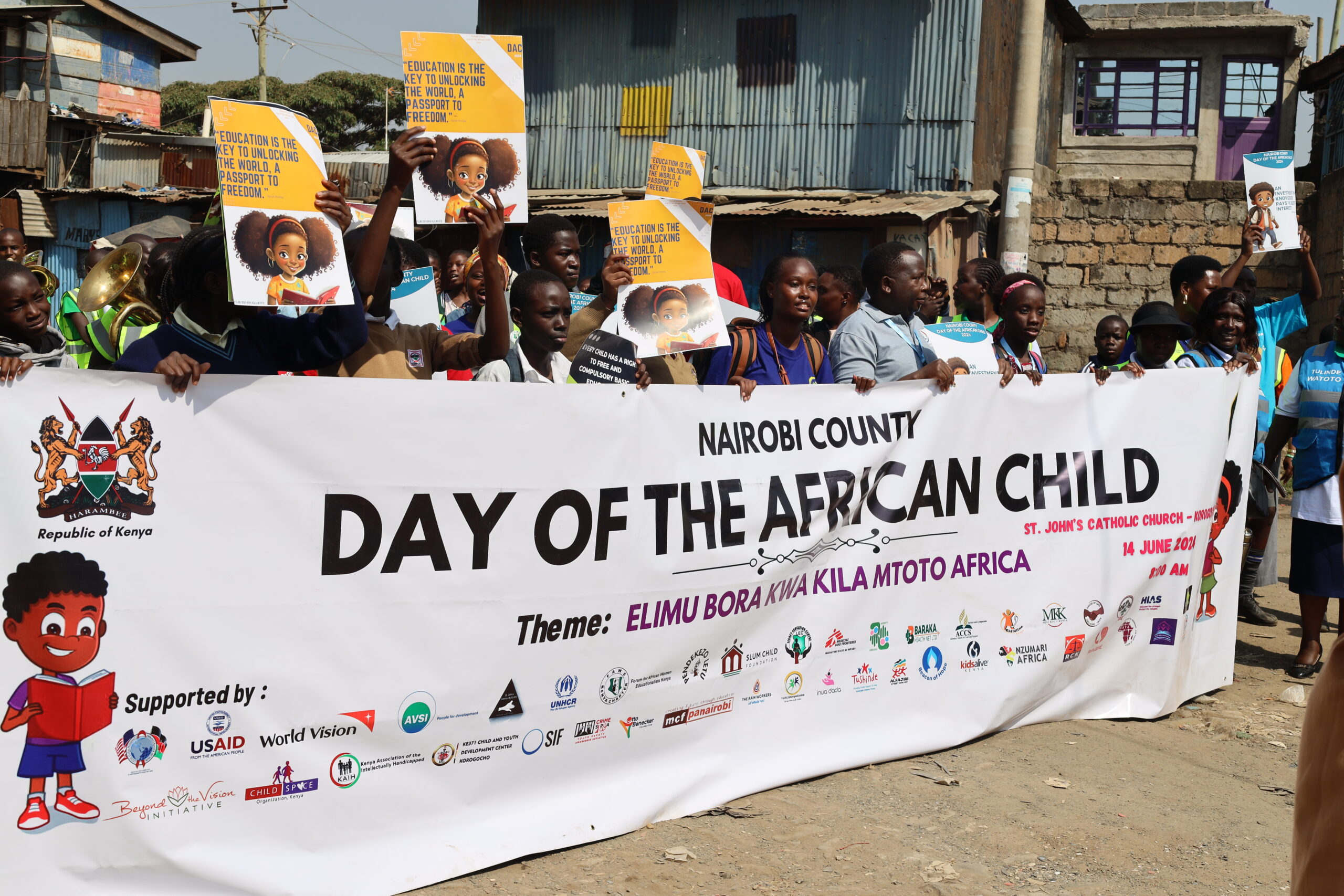‘You can only fight for your space through education’ Ms. Jane Mwereru, AG. CEO, anti-FGM board
Recent research shows that child, forced and early marriage, female genital cutting/mutilation and adolescent pregnancy are some of the key factors keeping girls out of school in sub-Saharan Africa and in Kenya specifically. In April 2016, FAWE Regional Secretariat, with the support from International Commission on Financing Global Education, conducted a study to examine the ways that families/communities in three counties in Kenya (Kajiado, Kisumu and Busia) are supporting girls’ education.
FAWE organized a workshop on 24th May 2016 to share their findings and to discuss the way forward towards finding solutions to the problems that are denying the girl child access to education. In attendance was the anti FGM board represented by the CEO Mrs. Jane Mwereru and the board’s finance director Mrs. Christabel Adhiambo, the Kajiado chief, students of AIC Kajiado, Aba Esibembe and Kitmikayi women’s group. Dr. Selah Musundi, a consultant at FAWE presented the findings.
A keynote speech was delivered by the Anti-FGM CEO. In her speech she pointed out that FGM was one of the biggest setbacks for girls’ education. She urged the different organizations and bodies that are working individually to support girls’ education to work cohesively for better results to be yielded.
The Kajiado chief said ignorance plays a big role among FGM and early marriage practicing communities and suggested they be educated more on the importance of girls’ education and alternative rites of passage. He also pointed out that politicians were not willing to address this subject since it would make them less likable. He said they should put that behind and be on the forefront to campaign against harmful traditional practices and promote the girl child education.
Both women groups from Busia and Kisumu County reported that early pregnancies are very rampant in their communities. Most girls are lured and impregnated by boda boda (motorbike taxi) guys. Poverty also plays a big role in denying the girl child access to education. Bursary funds have been allocated however, unfortunately due to corruption; the bursary goes to the well-off students leaving the poor ones with nothing. Gatherings such as night fellowship ( kesha) and ‘disco matanga’ (after funeral discos) gave young girls an opportunity to indulge in illicit sex that would lead to pregnancies and further lead to early marriages that brings their studies to a halt.
Student representatives that had been rescued from FGM narrated their stories and urged that the board and FAWE continue supporting them to attain education in order to be the voice of other girls from their communities who were going through the same. From the workshop, all parties agreed that it would take combined efforts from the government, community and related organizations for girl child education to be achieved.






Leave A Comment